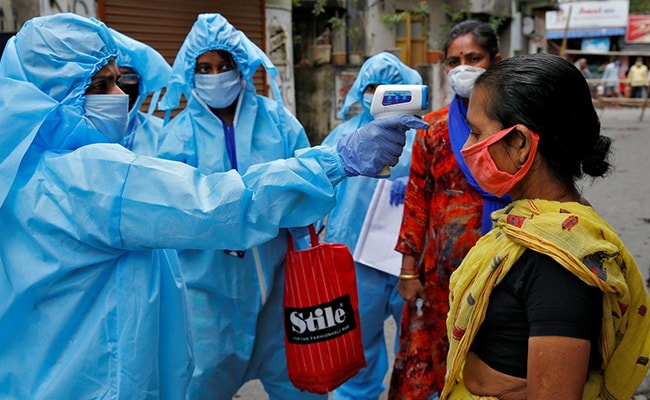The commencement of the COVID-19 outbreak in the initial months of 2020 caused a global halt, putting the adaptability of nations, governance bodies, and global communities to the test. Within India, a country greatly affected by the pandemic, non-governmental organizations (NGOs) rose as vital bastions of assistance in the country’s battle against the contagion. This article explores the indispensable role played by NGOs in India during the COVID-19 crisis, highlighting their contributions in healthcare, relief distribution, awareness campaigns, and community empowerment.

Lessons from Covid-19: How the pandemic has changed the dynamics of government-NGO collaboration
Healthcare Support
The pandemic presented a significant hurdle in the form of an immense strain on India’s healthcare system. With hospitals facing scarcities in beds, medical resources, and medical staff, non-governmental organizations promptly intervened to fill the void.Many NGOs set up makeshift COVID-19 care centers, providing medical care, isolation facilities, and telemedicine services to patients. Collaborations between NGOs and local healthcare authorities bolstered the medical response, showcasing the power of public-private partnerships during emergencies.

Supporting government organizations and the healthcare sector in India through the COVID-19 crisis
Relief Distribution
NGOs in India played a pivotal role in ensuring that vulnerable populations received timely relief and support. With widespread economic disruptions caused by lockdowns, daily wage earners and marginalized communities faced severe hardships. NGOs organized food distribution drives, providing essential ration kits to millions. Additionally, they distributed hygiene kits, masks, and sanitizers, emphasizing the importance of personal protection measures.
Awareness Campaigns
Misinformation and confusion can exacerbate the impact of a crisis. NGOs assumed the role of disseminators of accurate information during the pandemic. Through various media, including social platforms, radio, and community meetings, NGOs launched awareness campaigns to educate the public about COVID-19 prevention, symptoms, and vaccination. These campaigns, conducted in multiple languages and tailored to regional needs, empowered individuals with the knowledge needed to make informed decisions about their health.

COVID-19 Cases: India Records Biggest Single-Day Jump
Community Empowerment
The pandemic underscored the significance of community-driven responses. NGOs in India understood this and worked tirelessly to empower local communities. They trained volunteers to conduct health checks, provide psychosocial support, and facilitate contact tracing. By involving local residents, NGOs ensured that the response efforts were culturally sensitive and attuned to the unique challenges faced by each community.
Innovation and Adaptability
NGOs demonstrated remarkable adaptability and innovation in the face of unprecedented challenges. Many NGOs swiftly transitioned to virtual platforms, offering online educational resources, mental health support, and vocational training to help individuals build new skills during lockdowns. These initiatives not only addressed immediate concerns but also laid the foundation for long-term empowerment and development.

COVID-19 Vaccine launch in India
Collaboration with Government and International Agencies
Collaboration between NGOs, the government, and international agencies became a defining feature of India’s COVID-19 response. NGOs worked closely with government bodies to ensure coordinated relief efforts and effective distribution of aid. Their expertise in grassroots implementation added immense value to government initiatives, leading to a more comprehensive and inclusive pandemic response.
Conclusion
The role of NGOs in India during the COVID-19 pandemic exemplifies the power of collective action and compassion. Their contributions spanned healthcare, relief distribution, awareness campaigns, community empowerment, innovation, and collaboration. As India continues its recovery journey, the lessons learned from the pandemic underscore the importance of building resilient partnerships between NGOs, governments, and communities. This synergy remains essential not only for overcoming immediate crises but also for fostering a more robust and inclusive society in the future.
Read More:- Empowering India’s Future: The Crucial Significance Of Girl Child Education
Read More:- 5 Essential Courses for Every Information Technology Professional

